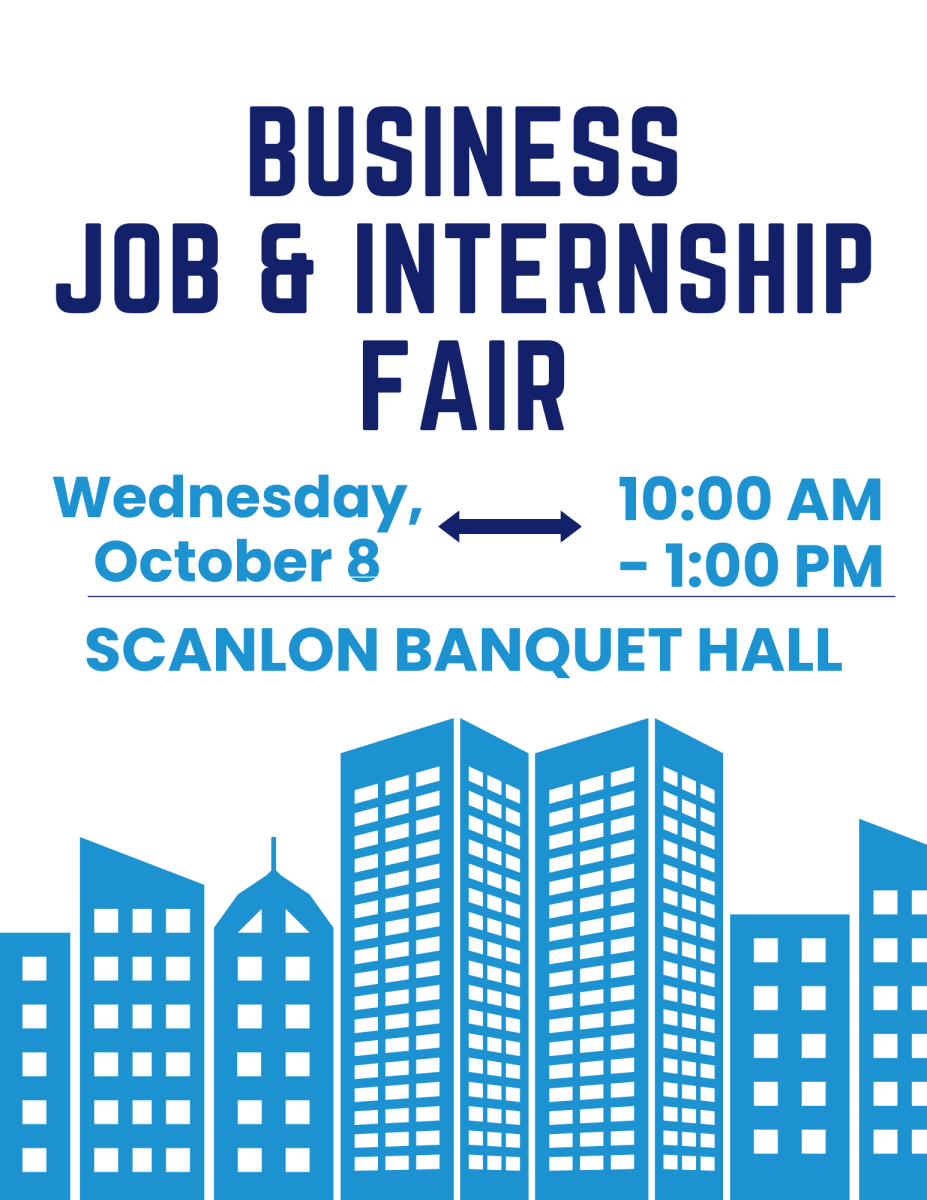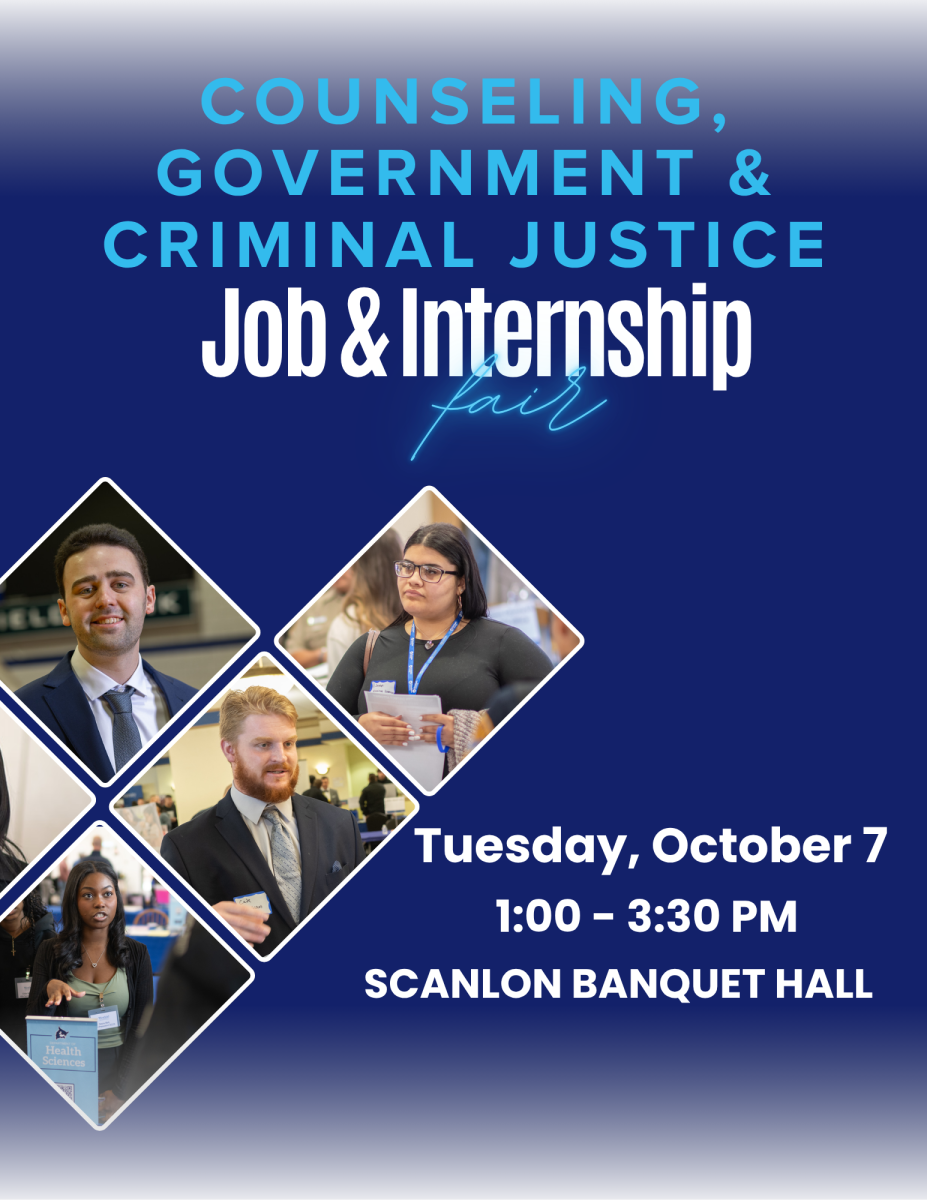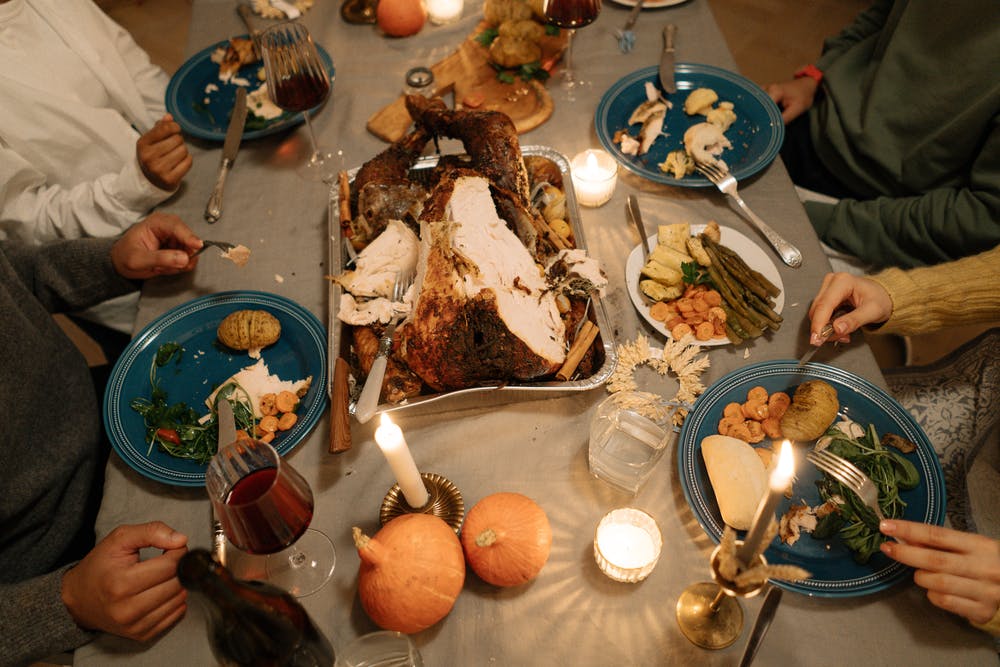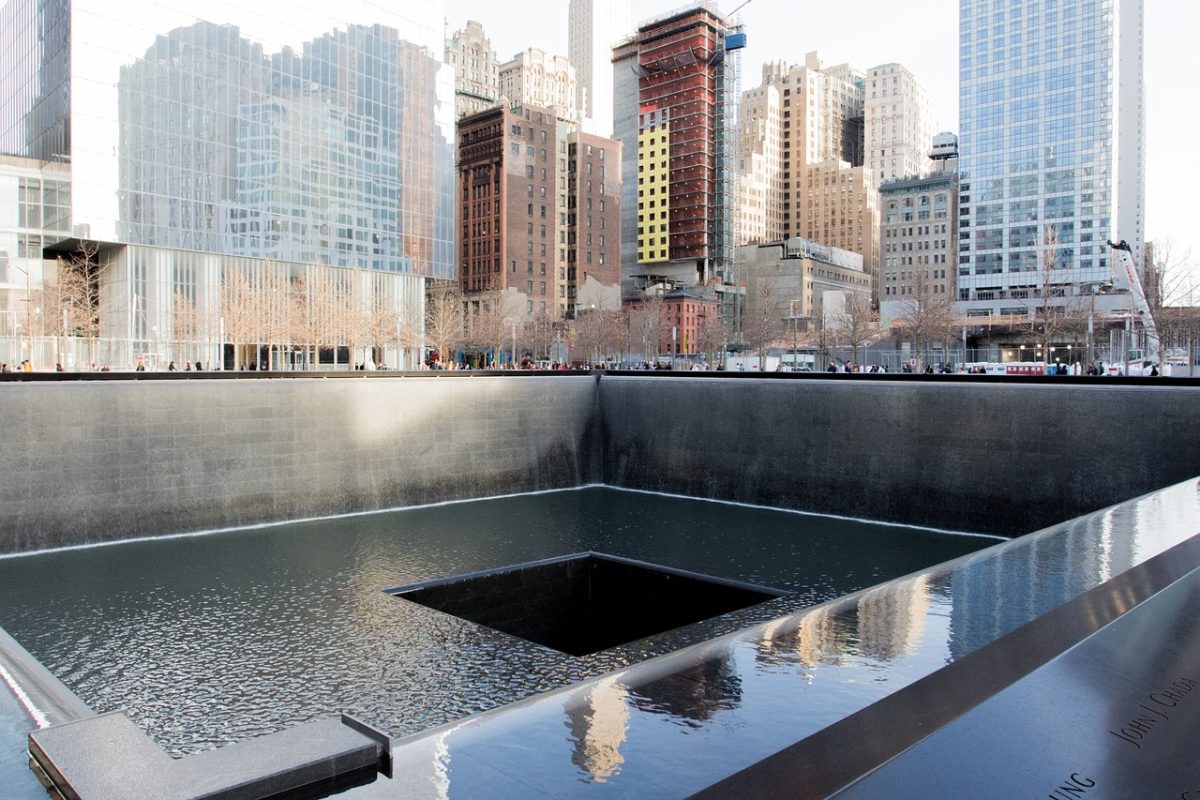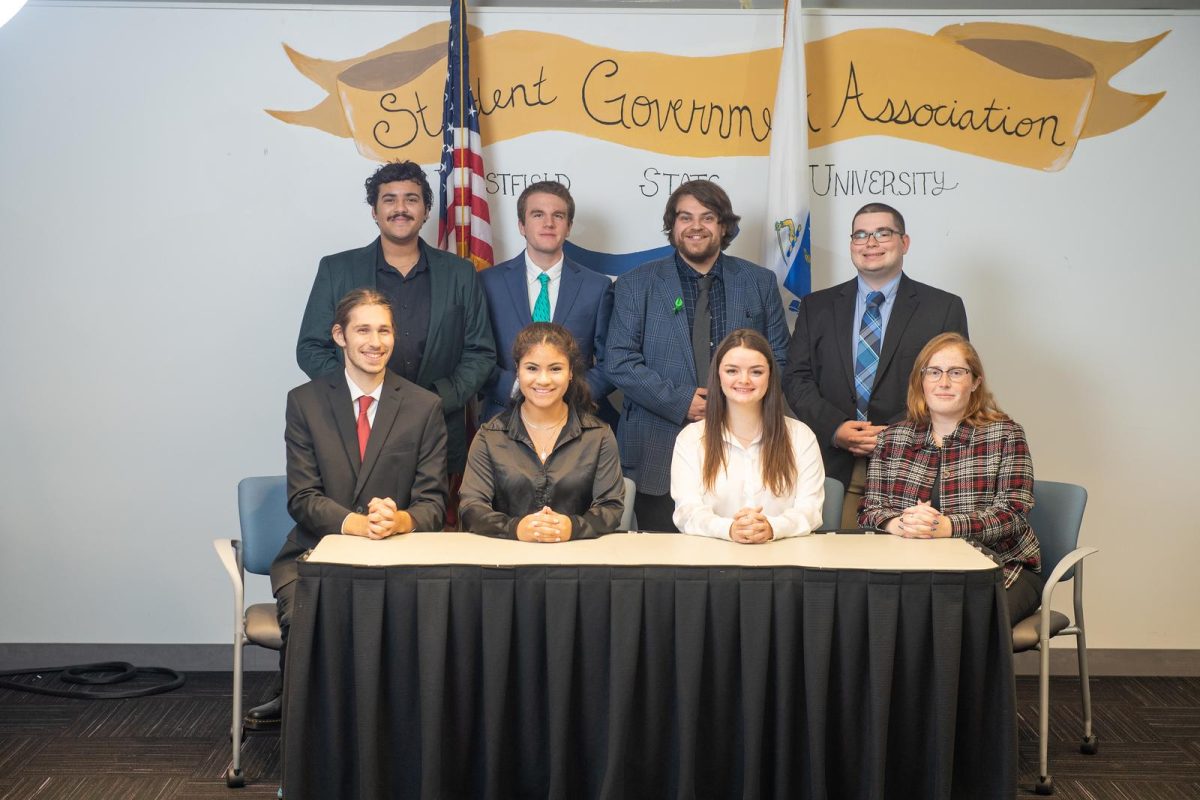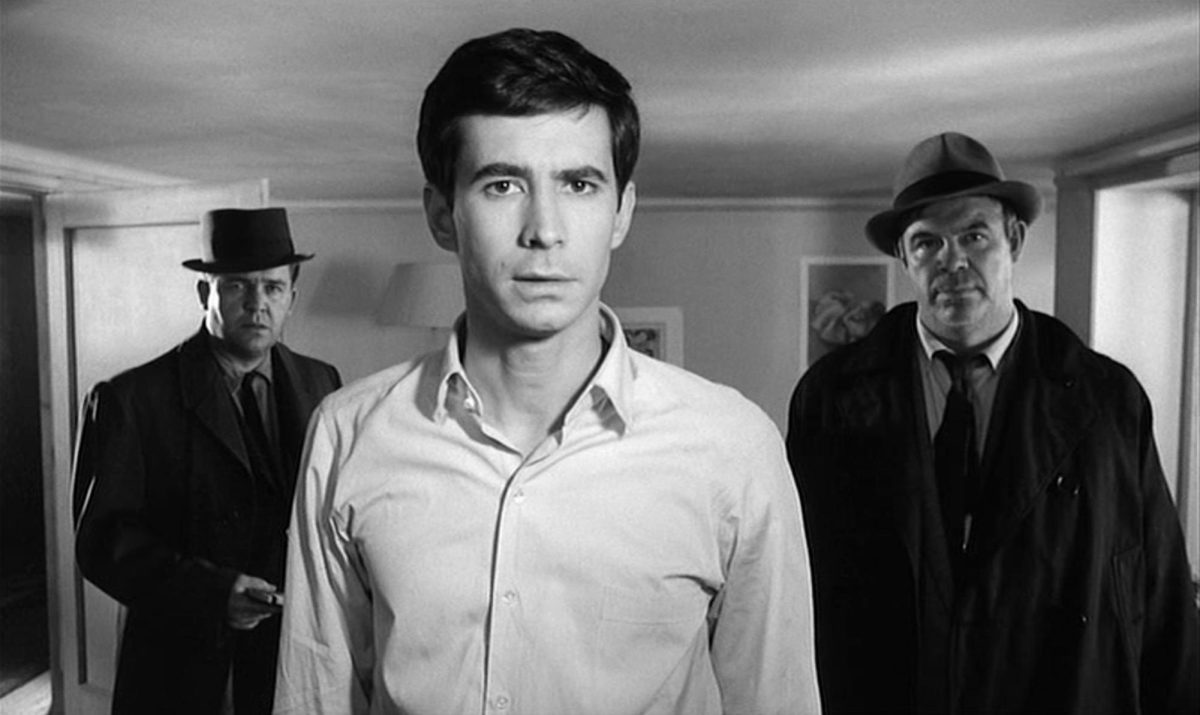As Thanksgiving is only a day away, those who celebrate the holiday are frustrated with the rise of COVID-19 cases and the challenges they now face with spending the day with those they love.
The United States is currently amid the second wave of the COVID-19 Pandemic. According to the Washington Post, there are over 100,000 cases reported per day.
On Nov. 18, Massachusetts Governor, Charlie Baker stated at a press conference, “If we treat this year just like we treat every other Thanksgiving, it’s quite likely that it will trigger a significant spread” and advised residents to comply with the new state orders to protect their families.
Families are now scrambling to salvage what’s left of their Thanksgiving plans. Excluding those who may have been exposed, feeding everyone, and painful experience that is setting grandparents up with Zoom results in one giant mess.
“My family’s Thanksgiving usually consists of about twenty people, but a lot of them live out of state and we decided it’s best to not have any of them come this year,” shares Westfield State University student, Makenzie McNeil.
McNeil’s Thanksgiving, like many other American families, will be very different in comparison to previous years, with only a few family members in attendance.
Personally, I have seen many close-one’s holiday plans go up in flames. My elderly neighbor, Joan recently asked her doctor what he thought would be the best plan for Thanksgiving. He advised her to “make sure everyone has a mask on and it’s not a large crowd, but I would prefer you not to go at all.”
While Joan is upset by the state of the nation, she does not want to risk exposing herself and will not be attending Thanksgiving this year. She reassures herself, the pandemic “won’t last forever.”
For many, it is becoming difficult to find something to be thankful for this holiday season.
As for Westfield State University, there have been 118 positive cases since the campus opened and is temporarily shutting down until Jan. 19.
WSU was put into a temporary shelter-in-place on Nov. 5, to which some students chose to shelter at home. By the end of the shelter-in-place these students should have been “cleansed” of COVID-19.
However, now these students must come back to gather their belongings, and potentially risk exposing themselves to the virus once more.
After students remove their things from campus, they’re given the opportunity to be re-tested for COVID-19. However, according to Harvard Health Publishing, it can take up to up to “three weeks [after exposure] for a blood antibody test to turn positive.”
This means many students will not know if they are COVID positive until after Thanksgiving. This does not even account for the time it takes to receive the results.
Much of the nation believe Thanksgiving is a foreshadowing to our other seasonal holidays and New Year’s celebrations in the coming weeks.
